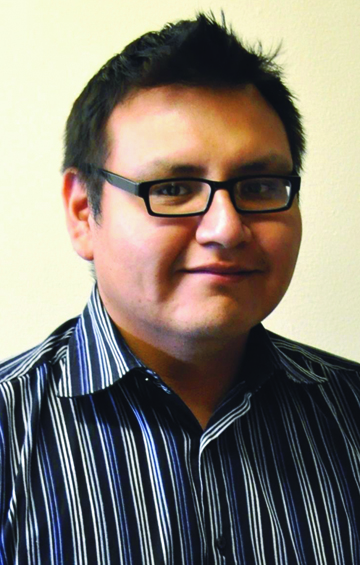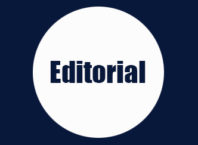
Those of us who grow up in privilege
are required to acknowledge that privilege and do good things with
that privilege. In Lakota culture, those of us descended from
traditional leadership are reminded and invited to practice that
principle every day we draw breath.
It may seem odd for those of us who
come from impoverished, tribal communities to think of ourselves as
privileged. We have almost no advantage in the world: unemployment,
substance and alcohol abuse, educational challenges, the list goes
on. However, for those of us who were raised to listen to our elders,
our stories and our language, we have an enormous wealth, privilege
and responsibility of culture to guide those who did not have our
advantages.
Language is both the root and the
fruit of our culture, it shapes who we are, our worldview, our values
and is shaped by who we are, our worldview and our values. Recently,
Duane Hollow Horn Bear, an elder and spiritual leader on my
reservation spoke and said, “We have a hard time understanding each
other when we use the D-dialect, the N-dialect and L-dialects, so we
use the E-dialect when we’re all together.” His allusion to English
among an almost exclusively Lakota audience notwithstanding, he
admitted to an often overlooked subject of how we communicate as
indigenous communities in a modern world.
Though we as a tribal people have
lived through centuries of oppression and subjugation at the hands of
America, the one thing we have taken from the country that grew up
around us is our ability to keep our traditions alive and documented.
In our cover story, we see how Ojibwe and Dakota linguists are
fighting every day to keep our languages vital and a part of our
daily lives. They do so because it is imperative to remember our
worldviews.
A common phrase in Lakota prayer is
“unsimala,” loosely translated means “pity me” or “have
compassion for me.” It is used in our prayer because in our faith,
we understand that we – as human beings – are only one of many
beings in this physical world. The one being who has dominion over us
is the creator (as we envision it) and we know that for all our own
creations, civilization and accomplishments, we are at the mercy of
something greater. And though we have certain advantages that makes
our species dominant, it is our privilege to use those advantages and
our responsibility to help one another in this existence. Many
concepts are encoded in one, simple word.
Recently while talking to a friend
about my own upbringing, I stumbled on the reality that I was
privileged by the way my parents raised me to think of the world
through language. We discussed family names, Indian names and the
histories contained in them, a wealth of analytical and spiritual
knowledge carried with every one.
Even though we as tribal people rank
among the lowest economically, educationally and psychologically, we
have these advantages of knowledge with our own language that we use
to protect others. It is what guides advocates like Winona LaDuke to
fight against the environmental damage caused by controversial mining
and transportation methods like fracking and the pipelines that
threaten to cross treaty lands in Minnesota, the Dakotas and
Nebraska. While the economic boon is surely something that can be of
use to those isolated tribal communities, our language tells us that
material wealth is short-lived and secondary to our physical and
spiritual wealth.
In a recent Washington Post
piece, even the citizens and officials of the Ft. Berthold
reservation acknowledge what is happening to their community. “It’s
like a tidal wave, it’s unbelievable,” said Diane Johnson, chief
judge at the MHA Nation. She said crime has tripled in the past two
years and that 90 percent is drug-related. “The drug problem that
the oil boom has brought is destroying our reservation.”
If there is one thing we have learned
so far as a people, it is that we continue to suffer the
long-standing effects of inter-generational trauma. Just over a
century ago, our way of life was judged as less-than-human, judged to
be insufficient by a people who did not understand our ways and
replaced with a system of education, politics, law and religion that
was arbitrary, patronizing and lethal to the identity of each tribe
that was forced to adopt it. Our great-grandparents and grandparents
lived through being told they were not human, that their ways were
evil and everything about their identity was wrong. When you tell
that to any human being, back it up with physical violence,
intimidation and legal consequences, the effects reach into the
future.
But rather than lie down and give up.
We find that our present generations continue the work of restoring
our languages in the hopes of restoring our values and ways of life.
It is not easy work and it certainly is not the only way to solve the
problems that challenge us, but that is it supported by our elders
and gaining momentum are signs that we are doing something right.





